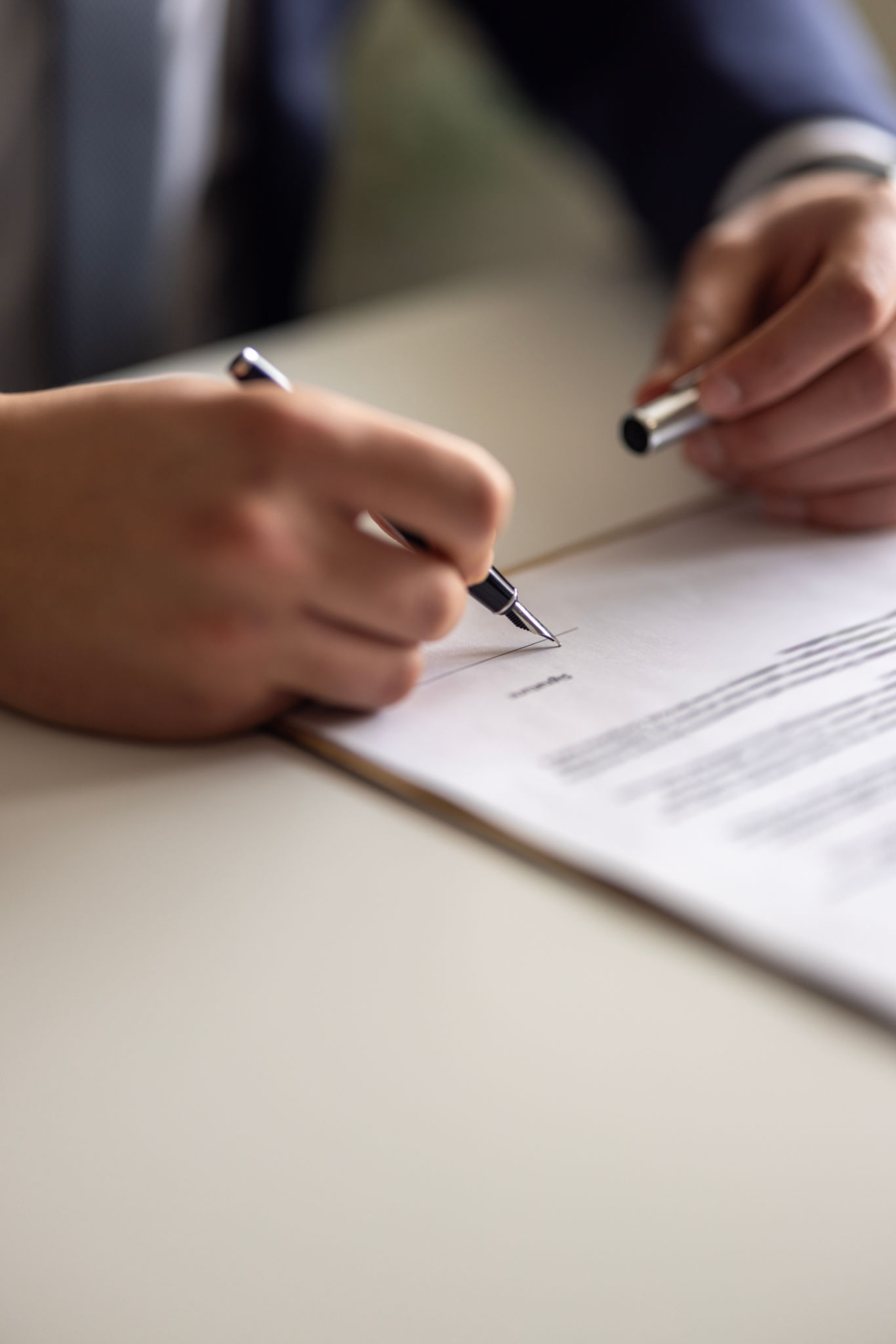Avoiding Common Notary Mistakes: What You Need to Know
GS
Understanding the Role of a Notary
Notaries play a crucial part in ensuring the authenticity of legal documents. Their role is to act as impartial witnesses during the signing of important papers, such as deeds, wills, and powers of attorney. Despite their importance, notaries can sometimes make mistakes that could lead to legal complications. By being aware of these common errors, notaries can better fulfill their duties and maintain the integrity of the documents they oversee.
One of the essential aspects of notary work is to verify the identity of the signers. This is usually done by checking their official photo identification. Failure to adequately verify the signer's identity can result in invalid documents and potential legal issues. It's crucial to be vigilant and thorough in this verification process.

Common Mistakes Made by Notaries
Failure to Keep Proper Records
Maintaining proper records is a fundamental responsibility for notaries. Each transaction should be accurately recorded in a notary journal, noting details like the date, type of document, and signer's name. Neglecting this can lead to discrepancies and even legal challenges if a document's validity is questioned later on.
Overstepping Notarial Authority
Notaries must be cautious not to overstep their authority. They are not permitted to provide legal advice or interpret documents for the signers. Doing so can lead to serious legal ramifications. It's vital for notaries to understand their role and boundaries to avoid any conflicts of interest or unauthorized practice of law.

Ensuring Accuracy in Notarial Acts
Incomplete or Incorrect Certificates
One common mistake is completing certificates incorrectly or leaving them incomplete. Certificates must include all necessary information, such as the location of the notarization, the date, and the notary's signature and seal. Omitting any part of this information can render the document invalid.
Neglecting to Administer Oaths Properly
In cases where administering an oath or affirmation is required, it's important for notaries to perform this task correctly. Simply asking the signer to raise their hand isn't sufficient. The oath should be administered in a manner that clearly conveys its seriousness and legal implications.

Practical Tips for Avoiding Mistakes
To avoid common notary mistakes, continual education and training are advisable. Notaries should stay informed about any changes in state laws and regulations that pertain to their duties. Regularly reviewing best practices and attending workshops or seminars can enhance a notary's proficiency and confidence.
Another practical tip is to double-check all completed documents before finalizing them. This includes verifying that all information is accurate and that there are no missing signatures or stamps. Taking a few extra moments to review documents can prevent costly errors down the line.
The Importance of Attention to Detail
The role of a notary requires meticulous attention to detail. Each step in the notarization process must be executed accurately and with full awareness of its significance. By being attentive and diligent, notaries can ensure they uphold their responsibilities effectively, providing peace of mind to all parties involved.
Avoiding common notary mistakes not only protects the integrity of legal documents but also reinforces public trust in the notarial system. By understanding these pitfalls and actively working to prevent them, notaries can continue to serve as reliable guardians of authenticity and legality.
